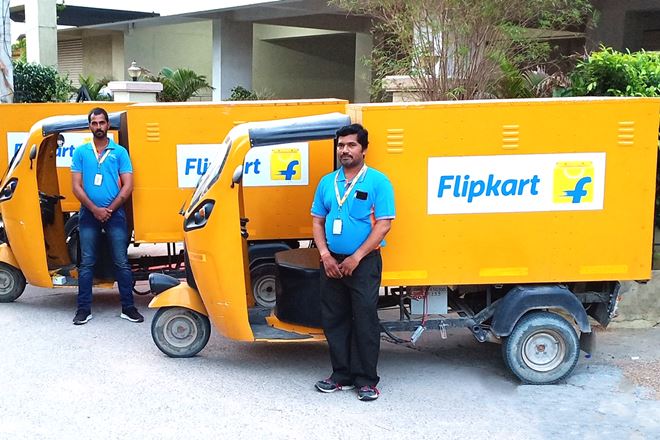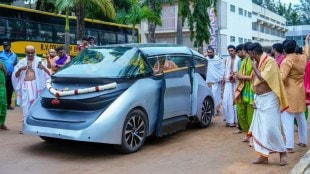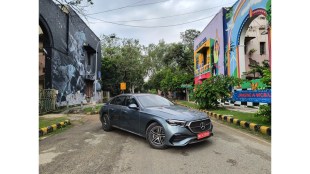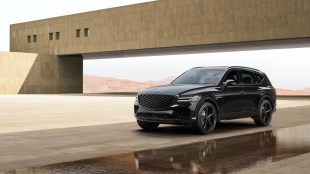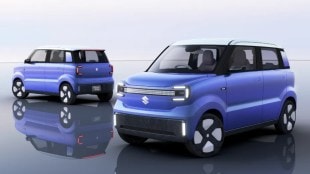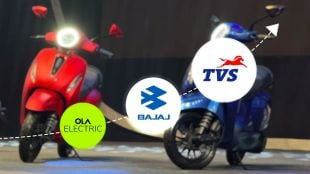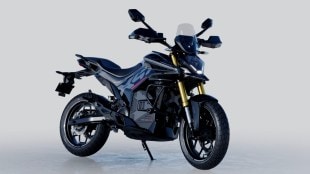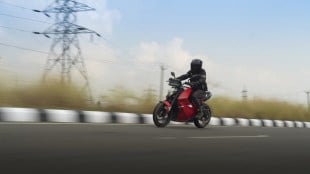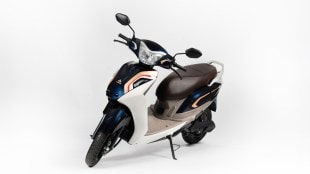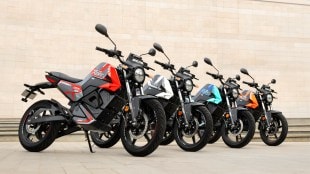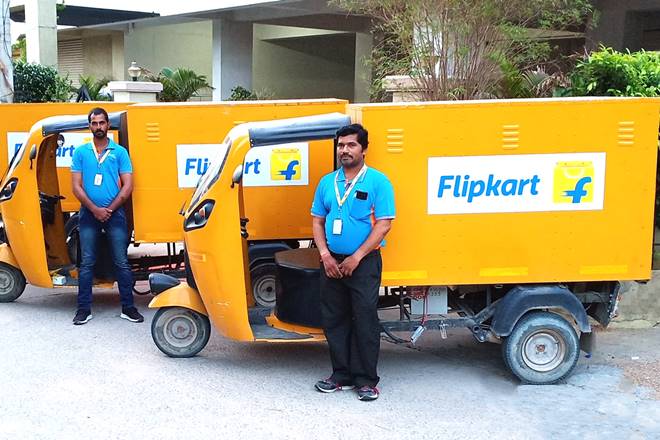
Flipkart, the leading e-commerce website in India, has announced that it is going to convert 40 per cent of its last-mile delivery fleet to electric vehicles, nationwide, by March 2020. The company says that this move is part of its commitment to sustainability. The switchover to electric for last mile delivery vehicle is going to take place in a phased manner. By the end of 2019, Flipkart will introduce 160 E-Vans in its fleet with the number increasing and reaching the 40 per cent goal by March next year. The company says that it is working in sync with a number of manufacturers in order to reach the right design which is going to be suitable for deliveries of e-commerce websites.
Flipkart says that it has been conducting pilot projects for the deployment of electric vehicles in its supply chain for the last 6 months. The company is also working towards the installation of the required charging infrastructure at its hubs. The company already has 8 EVs doing round in Hyderabad, 10 in New Delhi along with 30 e-bikes in Bangalore.
Amitesh Jha, Senior Vice-President, Ekart and Marketplace at Flipkart said that the the induction of EVs across our supply chain is one of the major steps toward sustainability. We see tremendous growth opportunity in electric freight mobility from a greener supply chain perspective, which will play a key role in building a robust supply chain for the future. These efforts will help us meaningfully contribute towards electric mobility by reducing our dependence on conventional power sources while bringing cost efficiencies for the business. In this process, we also hope to create an ecosystem for the adoption of electric mobility in India.
Kalyan Krishnamurthy, Group CEO, Flipkart said that as a committed corporate citizen, we at Flipkart understand our responsibility regarding the environment and running our business in a more sustainable way. Our vision is to replace a significant portion of our last-mile delivery with EVs in the coming years and also contribute towards clean and sustainable mobility. Our team is working with local ecosystem partners to help them co-design concepts for electric vehicles best suited for the growing e-commerce industry. We believe these small but meaningful steps in this direction will go a long way in paving the way for larger adoption of EVs in the country.
